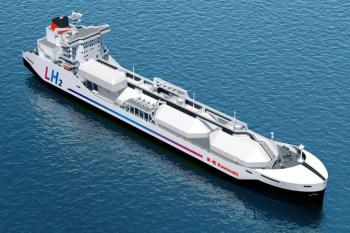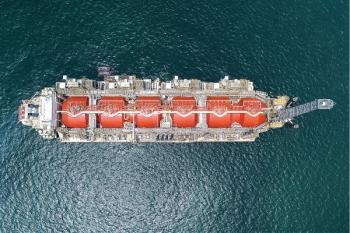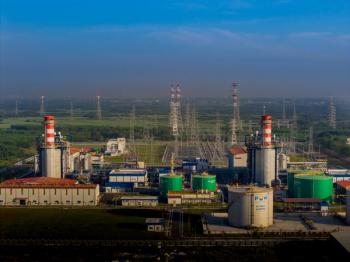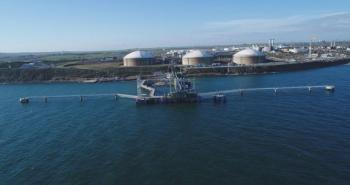
From PowerGen 2023: Gas Turbine Performance Evaluations
John Downing delves into common failure causes for gas-fired plants
At PowerGen 2023 in Orlando, Florida, John Downing, Executive Vice President at Turbine Controls & Excitation Group, explained the devices and components most likely to cause degradation of performance and reliability for gas-fired plants. Slight maladjustments of mechanical and electrical components can cause great harm to a gas turbine’s rotating parts and impact its performance. This impact can also affect the heat recovery steam generator (HRSG) and the steam turbine output. This will include the effects of the gas valve, inlet guide vane (IGV) and instrumentation calibration on the dry-low NOx (DLN) combustion system, firing temperature, and emissions.
Gas turbines are all about calibration and instrumentation. Improper instrumentation affects the HRSG and steam turbine output and can lead to performance issues across the entire plant. Forty percent of downtime issues could’ve been prevented with relatively inexpensive preventive maintenance measures, according to Downing. Instrumentation control-valve failures can lead to anywhere from one to seven days of downtime.
“Our company saw 14 outages in August; half of them were things that could’ve easily been prevented,” he said. The fundamental issues at stake are reliability, efficiency, affordability, and longevity. This extends to the auxiliary equipment as well.
Control systems need reliable data to work from. This can be promoted through proactive performance evaluations. Building trend plots in data are important to evaluate overall performance accurately. Proper maintenance cannot be understated in this process, as operators should be running the equipment in its intended state the entire time. This makes it relatively simple to look at each component function and see how it affects the equipment from a macro perspective.
The list requiring performance evaluations is extensive: plant personnel, environmental and regulators, owners, equipment, etc. When performance evaluations are not applied to all these entities, the work environment of the plant becomes less cohesive with productive aims. Obtaining increased reliability is very important.
Further, in the last decade, regulations have shifted, and emissions standards are pushed even harder—think of the North American Electric Reliability Corporation (NERC), Federal Energy Regulatory Comission (FERC) , and others—the industry has changed drastically. Users should bring in experts to run equipment at peak performance while staying within regulations.
Newsletter
Power your knowledge with the latest in turbine technology, engineering advances, and energy solutions—subscribe to Turbomachinery International today.




